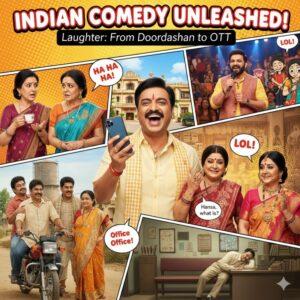We live in a society that hasn’t normalized the idea of working women. On paper, maybe, but not in the real world. Women either have to work extra hard to prove a point, or they’re not taken seriously. If that’s not the case, workplaces are not always accommodative to the requirements of female employees. And there’s not much difference in the tinsel town of Bollywood, when it comes to treating women as equals.
From gender pay gap to how roles are written for male and female characters, everything revolves around the men, the ‘heroes’. They’re treated like the pampered child in a family who’s allowed to throw tantrums. And while these issues have been brought up, time and again, not a lot has been done about it. For substantial roles, and honestly a better plot overall, actresses have even started producing films. Because, that’s just how women get opportunities.
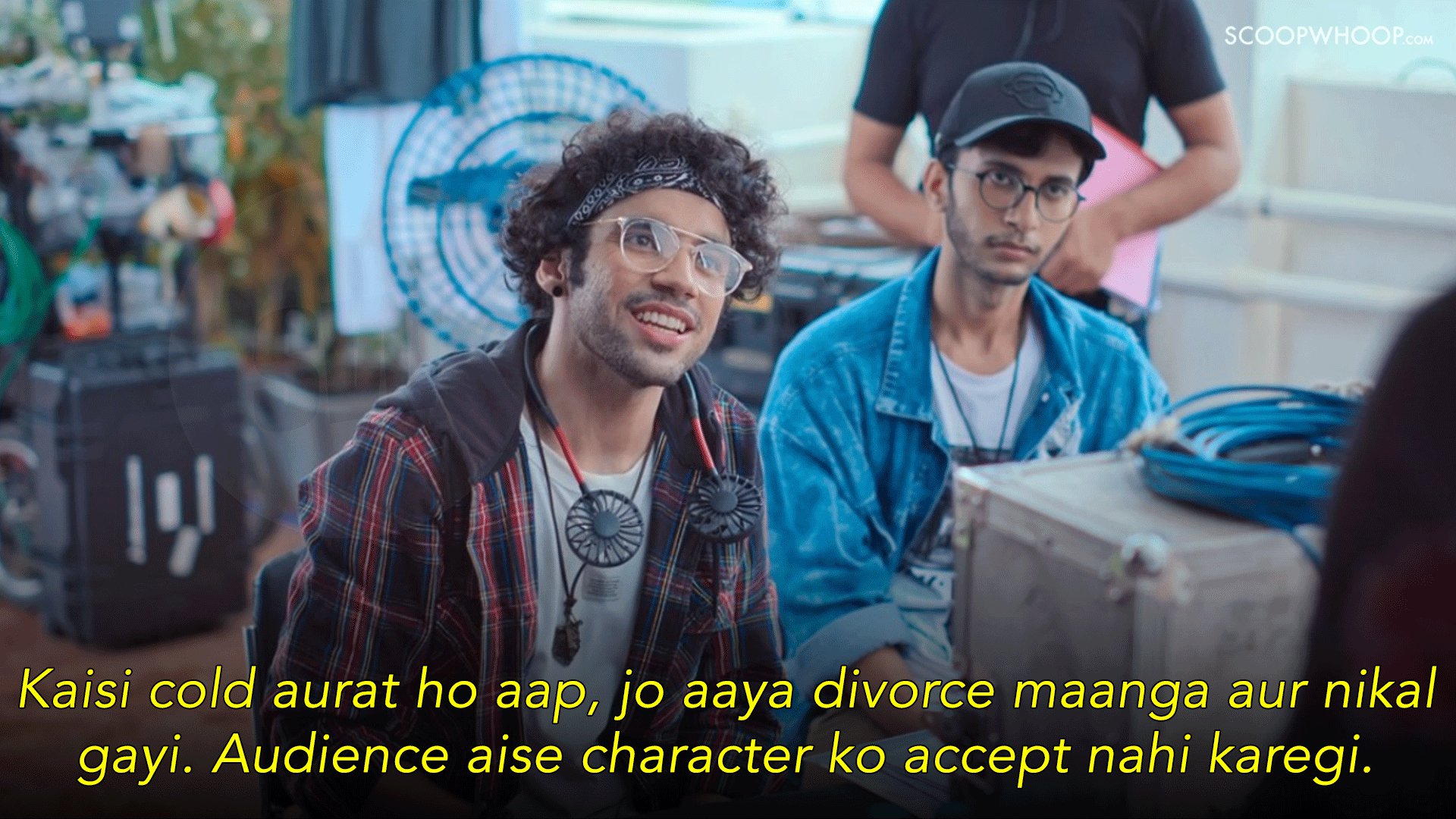
The good part is – there’s a lot more confrontation than there was before. And, Neena Gupta is trying to do exactly that in season 2 of Masaba Masaba. While the show is fictional and inspired by the lives of Masaba Gupta and Neena Gupta, they do not shy away from bringing up the realities either. This time, the story follows ageism and misogyny in the film industry, while Neena Gupta tries to deal with it in her own style.
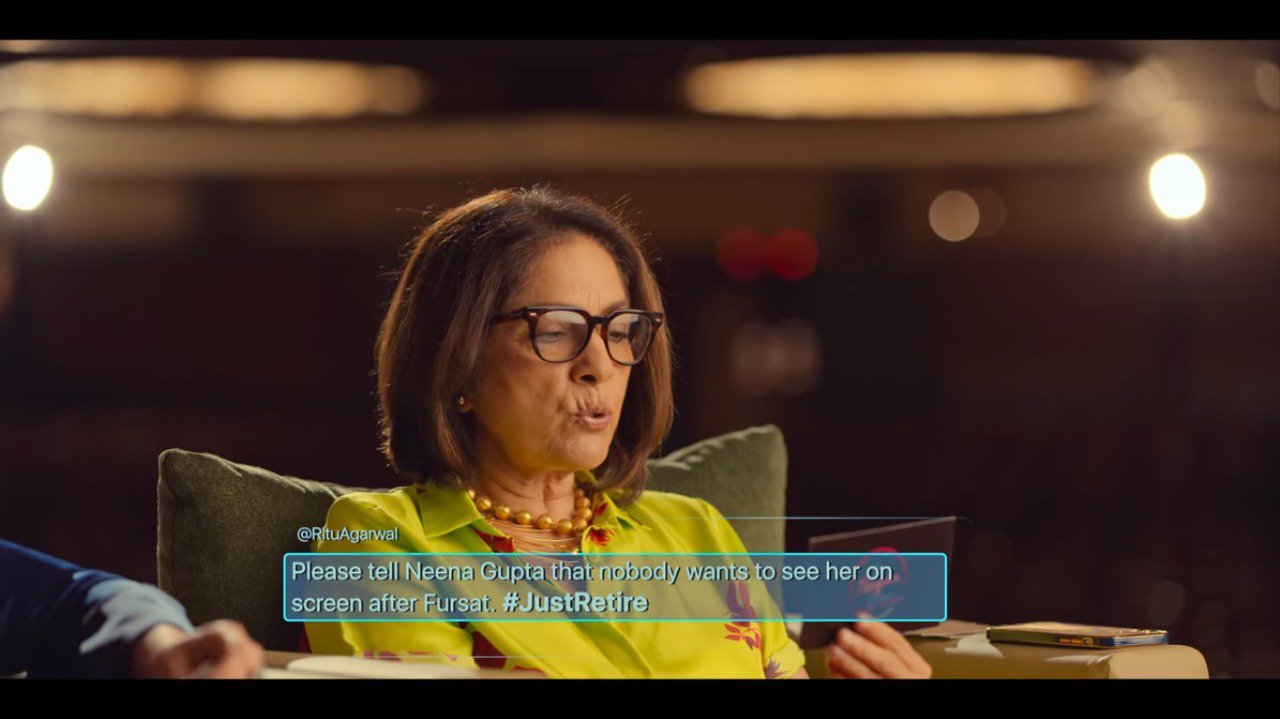
She talks about wanting to create something important and more honest but ends up in an all-men crew (production), where she hardly gets the chance to. The actor pitches a story idea and despite being the showrunner for the TV show, she’s given no space to make creative decisions or changes. It ends up becoming a show produced, directed and written by men without a female voice working on the content.
That’s pretty much why we keep ending up with one-sided perspective in almost all films and shows. We usually don’t have a representative to talk about the other side of the story.
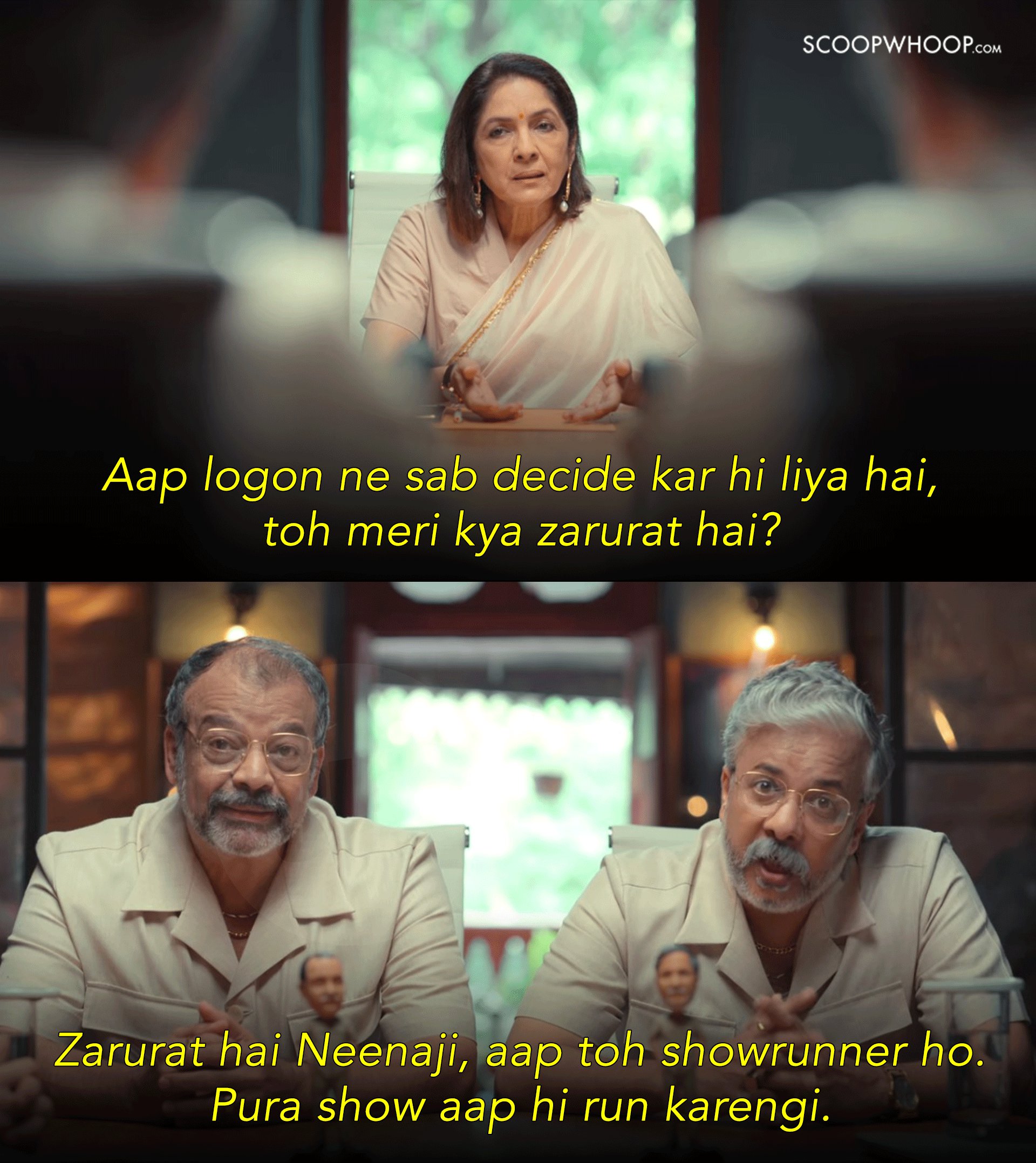
As a showrunner, Neena Gupta has the authority to literally decide what is shown on-screen, however, the director (a newbie with no idea about the show), keeps telling her what ‘works’. And like that’s not enough, he schools her about what ‘type of characters’ the audience won’t accept – basically women who take a stand. Of course, Neena Gupta then schools the world about mansplaining. ‘Cos duh, someone clearly needs to.
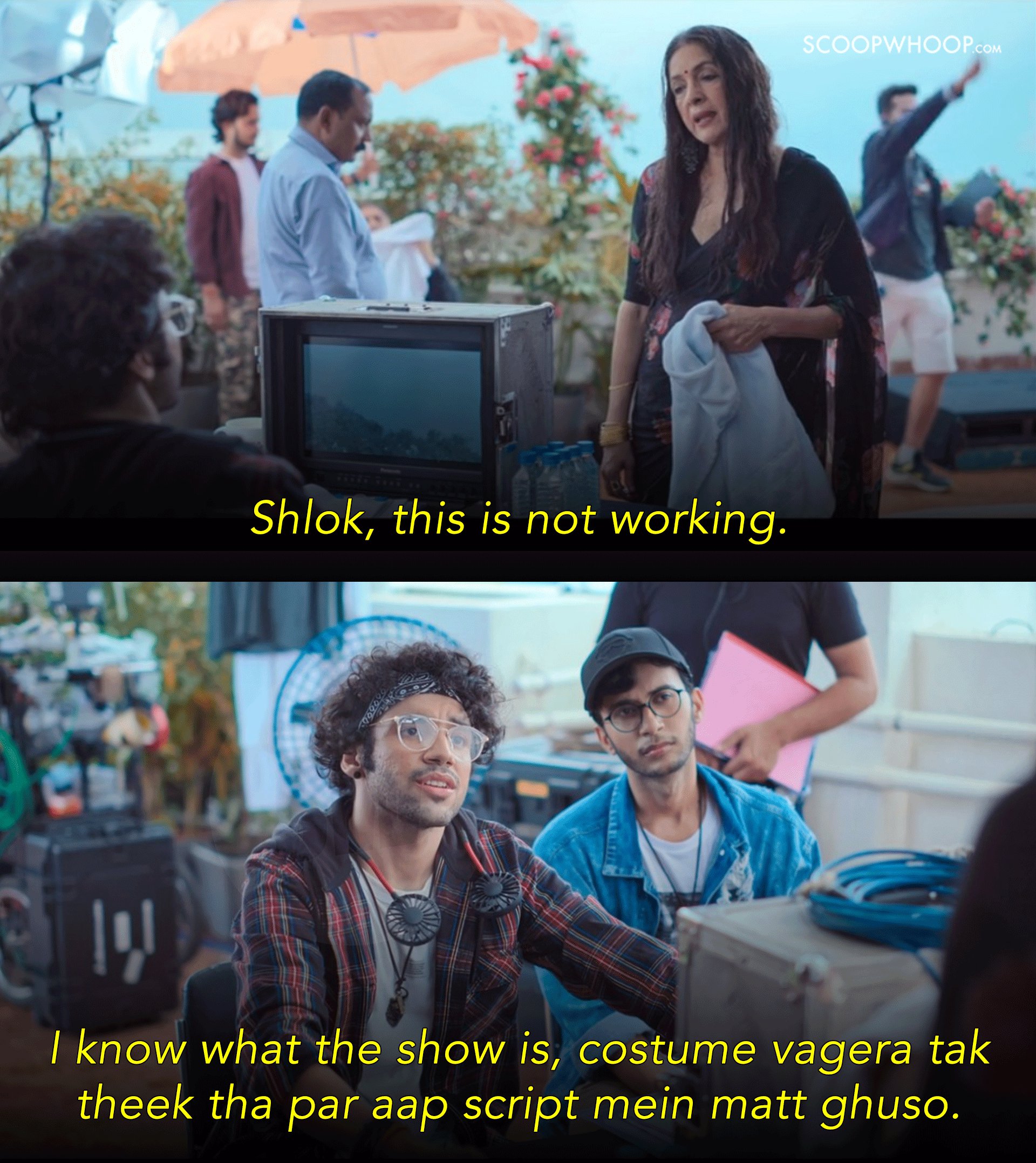
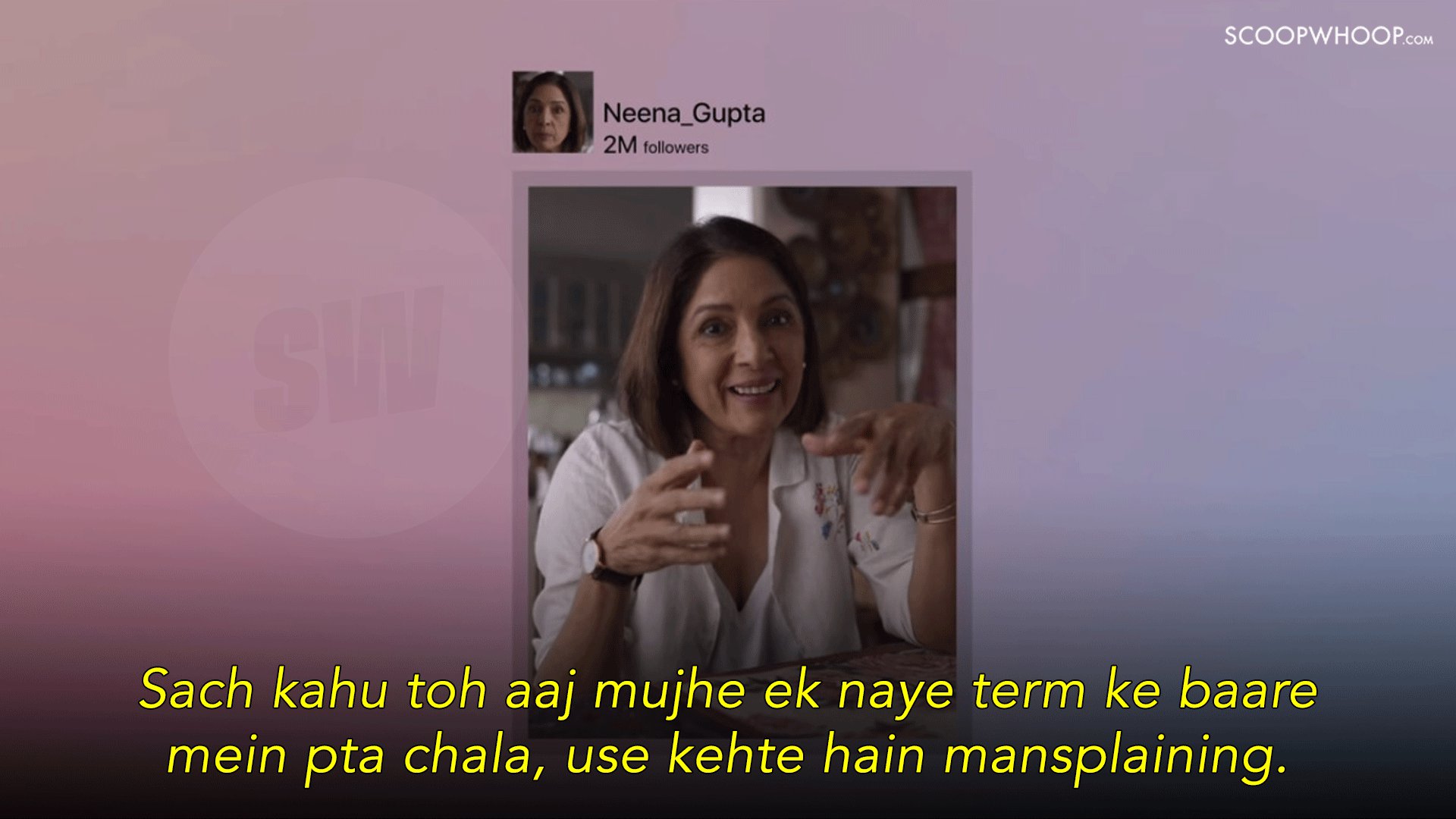
It’s funny how when a woman HAS to go an extra mile, because someone else didn’t do their work properly, it’s also the woman who’s blamed. Basically, we’re expected to keep a smile on the face, without any say in what happens around us. In the show, Neena Gupta deals with people questioning her talent and acting skills, because she points out (valid) mistakes in the director’s vision.
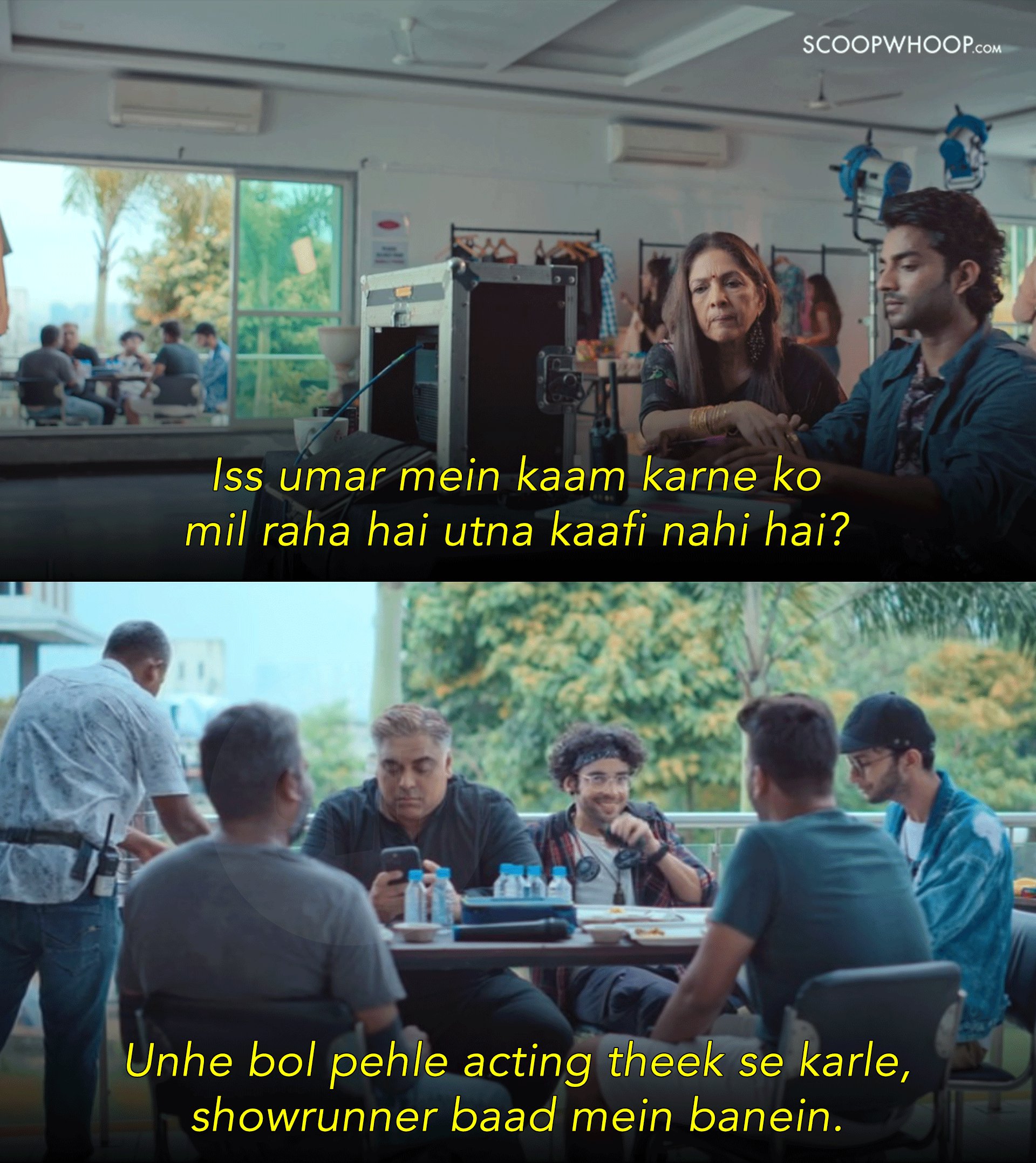
After literally putting up a fight, it ends up like it does in the real world – she’s not even given the chance to show what she wanted from the story. Because equal treatment or women in power, are concepts that are only talked about when it feels convenient.
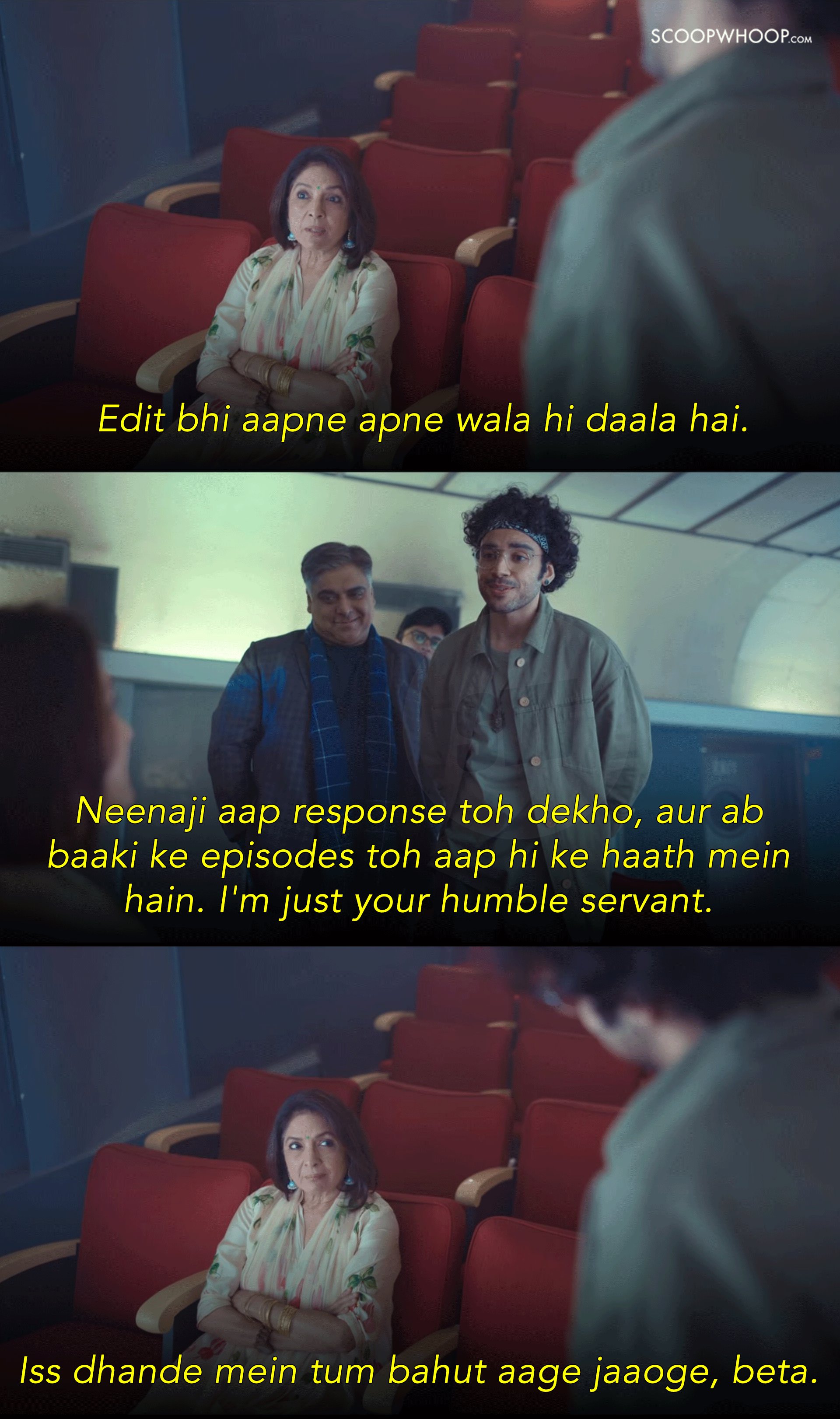
The best excuse that workplaces or society in general have, about not giving women equal chances is – ‘they won’t be able to’. And this is when they don’t even ‘LET’ them.




